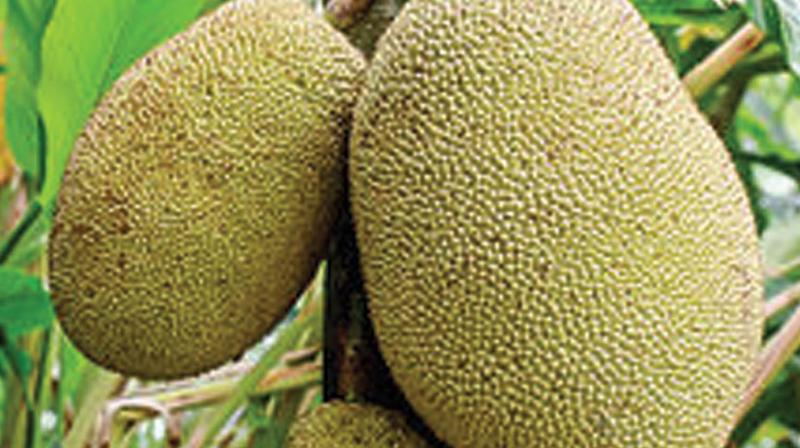2016 Year of Change: Tax for health
The idea was to adopt the path of least resistance but also to send out a firm and clear message.

Kerala witnessed some early signs of change in 2016. Some welcome changes, some fraught with repercussions. Society will be watching if these signals become a trend in days ahead. It can be a boon or bane depending on how state tackles them.
A friend, Dr Muhammad Kabir, suggested ‘fat tax’ through a Facebook post. I promptly latched on to it. Fat tax on unhealthy nonessential food items to create a corpus fund made sense, and it seemed to agree perfectly with our intention to announce at least one environment initiative in all major sectors. This fund could then be employed in innovative ways to promote the consumption of healthier options like organic vegetables, nutritious traditional fruits and tubers; a cross-subsidization of sorts. For instance, it can bankroll two major campaigns we are about to launch; one, to make the state self-sufficient in vegetables in two years and the other, to revive the pre-eminence of jackfruit in the food basket of the Malayali.
Now, this is just a small beginning, you can even call this a symbolic move; this fiscal I expect only Rs 10 crore from ‘fat tax’. And while introducing the levy, I have also taken the path of least resistance. We have upped the tax to 14.5 percent only on certain commodities, like burgers, sandwiches, pizzas, tacos, pasta, and doughnuts; these are items on which a high tax will not invite any major popular disapproval. Such items, mostly cheese-based, are patronized by high-income groups unlike in the West where these have become staple food. I was asked that if health was the driving concern why not tax parotta, a hugely popular flatbread notorious for its high ‘maida’ content. The time is not yet ripe to impose tax on food items that are the widely consumed by the common man, the working class.
The idea was to adopt the path of least resistance but also to send out a firm and clear message. But the response has not been just huge, but overwhelming. I never imagined that the proposal will trigger such an intense national debate. Even international media had lapped it up; BBC, Guardian, Washington Post, all these reputed media organizations have picked up the tax for a detailed debate. I was surprised, even a bit amused, to hear that stocks of certain multinational food giants had fallen as a consequence. Here, I need to emphasize that the move was not just against multinational brands. Any registered food brands, even those locally-grown, selling these high-fat items will be subjected to the ‘fat tax’. This does not mean that we will go after local teashops or small bunk shops selling such items.
However, the intense debate has more than served my purpose. It has prepared the ground to widen the scope of ‘fat tax’ in the coming years by including more non-essential consumables like, say, aerated drinks or food products rich in trans-fat. An early study conducted by Centre for Development Studies showed that the nutritional status of Malayalis’ was one of the lowest and yet-here is the paradox-they were healthy. A detailed analysis of Kerala’s ‘food balance sheet’ revealed that jackfruit and a host of traditional vegetables and tubers did the trick; they detoxified poisoned bodies. Jackfruit was such an important component of our diet, and we wanted it back on our dining table along with traditional vegetables and tubers. Besides, Dr Muhammad Kabir’s Facebook post, it was my longing to get jackfruit back into the food basket of the Malayali that also goaded me into introducing the ‘fat tax’.
It is found that this traditional fruit, which once inspired our mothers to rustle up heavenly culinary delights and which was fibrous and stomach-friendly, is vanishing from Kerala’s kitchens. So the question was how to promote the consumption of jackfruit, and other healthier resilient traditional options. I have already planted 10,000-odd jackfruit saplings in my constituency as part of my promise to plant as many saplings as my lead (31,032) in the just concluded Assembly elections. But this was clearly not enough. We have grander plans, creating jackfruit research institutes and jackfruit processing centres. How do we find the money for such ambitious 'healthy living' projects? Fat Tax could be the best answer to raise financial resources for implementing mega plans.
(Author is the finance minister of the state)
